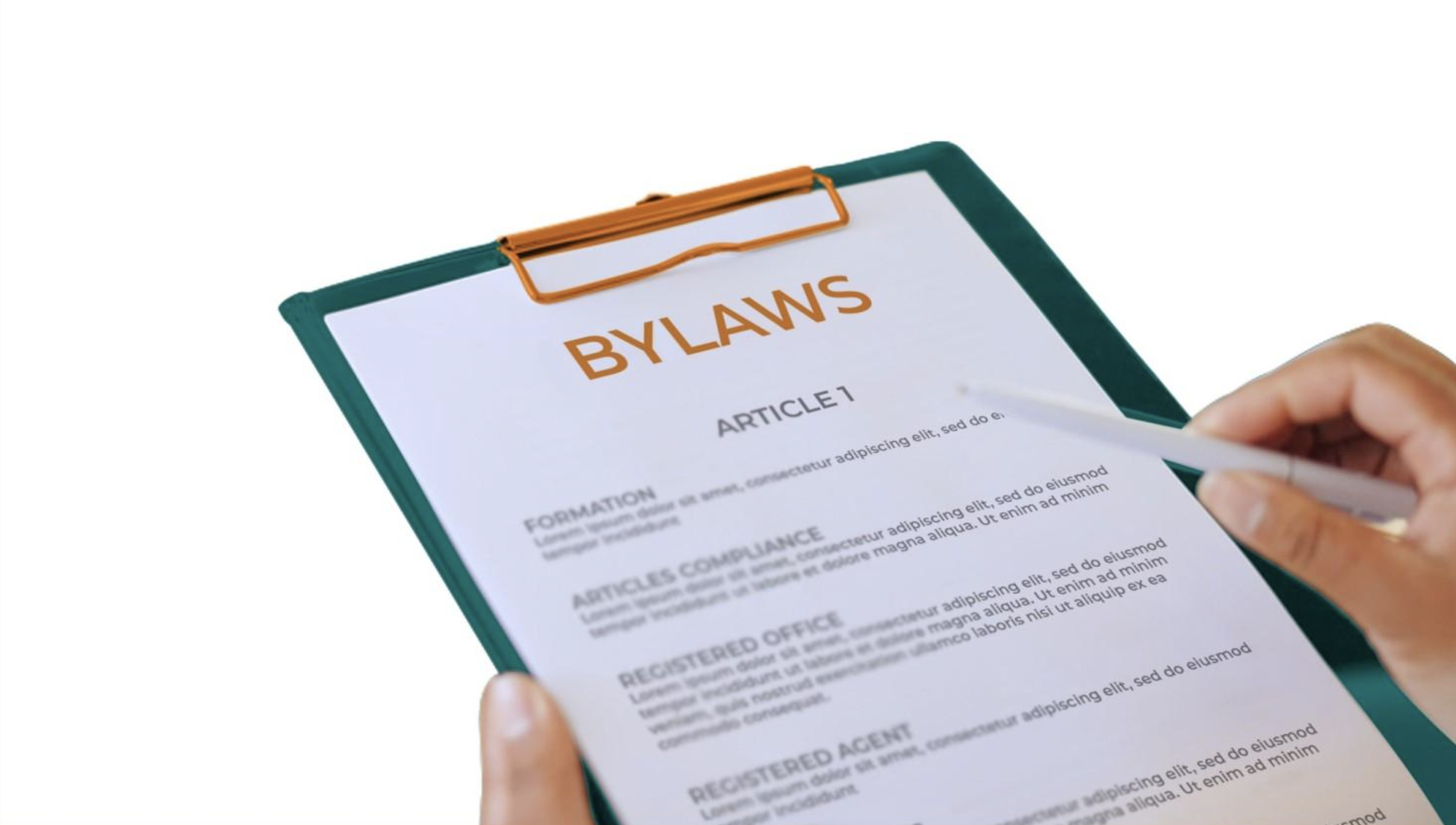
What Can Booster Clubs Pay For?
As a charitable organization, your booster club is eligible for 501(c)(3) status. However, to maintain this status, you’ve got to play by the rules. Otherwise, the IRS is going to throw a penalty flag, and that’s not a road you want to go down.
One of the most important rules governing 501(c)(3) organizations concerns what your club can and can’t pay for. Here are some spending dos and don’ts so you can protect your club.
Spending Dos
Your booster club can provide significant financial support for school programs, including bands, sports teams, and extracurricular clubs. The goal of these activities is to fund needs that the school’s budget may not cover. Here are a few examples of things your booster club can pay for:
- Equipment
- Uniforms
- Food for concessions
- Pre-game meals
- Supplies for athletes and coaches (i.e., electrolyte drinks, coolers)
- Travel expenses
- Scholarships (provided they are awarded based on objective criteria)
Your booster club can also organize fundraising events that build community and enhance the school’s reputation. Covering expenses associated with these events, such as reserving a spot at the city’s downtown expo or purchasing supplies for volunteers, is allowed.
Generally speaking, covering expenses for an entire team or group of athletes is allowed. You can also cover operating costs for the club, like insurance, supplies, etc.
Now, here are some don’ts.
Spending Don’ts
While your booster club can contribute to various needs, there are clear restrictions to ensure these contributions do not cross ethical or legal boundaries. Some of these restrictions are common sense. Others are not so obvious.
The confusion comes into play because federal, state, and local officials often have overlapping rules about what your club can and cannot pay for. The IRS may allow a particular type of purchase, but a state or local entity may prohibit it.
The IRS’s rules for 501(c)(3) organizations are broad. Under these rules, your club cannot:
- Operate for the benefit of private interests
- Attempt to influence legislation
- Participate in any campaign activity
- Distribute earnings to any private entity
Many states have organizations that regulate the operations of booster clubs as well. For instance, the University Interscholastic League (UIL) of Texas prohibits booster clubs from paying for coaches' gifts.
Generally speaking, your club can’t pay for anything for an individual. This includes gifts, plaques, equipment for a single person, or bonuses/wages. For example, you couldn’t purchase a tablet for the head coach of the football team, even if he intended to use it for legitimate purposes, like designing plays.
Staying On the Right Side of Booster Club Rules
The best way to avoid violations is to familiarize yourself with federal, state, and local booster club rules. You should also implement an approval process for any purchases so that the entire club board has a chance to vet expenses. By understanding and adhering to these guidelines, your booster club can continue to provide invaluable support to student activities.
Simplify Communications from App to Website





.png)